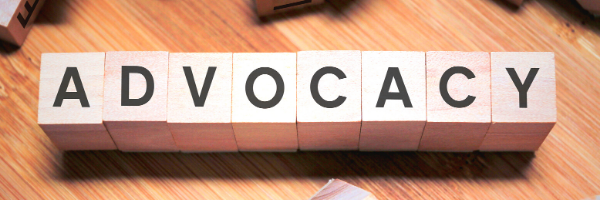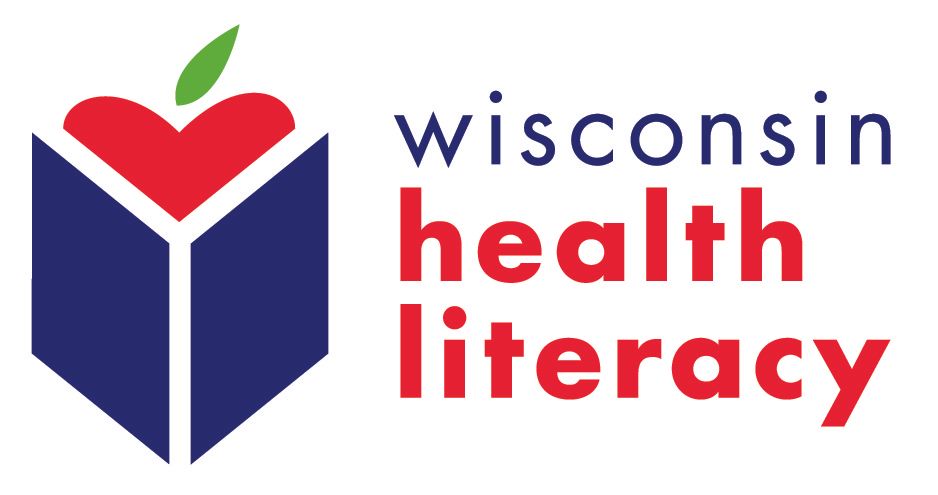
What does it mean to “advocate” for an organization or cause, and how do you do it?
People advocate to draw attention, change and resources to a cause.
You can advocate in different ways. For example, you can:
- talk to friends and neighbors about an issue that needs their support.
- contact influencers, such as elected officials, who can address your issue through policy changes, new legislation, funding or awareness.
Use these effective advocacy tips from a staffer who received advocacy calls for a Senator.
- Give your name, city, and zip code, and say "I don't need a response." The office can quickly confirm you are a constituent and tally your position.
- Only call your own representatives. Your tally will not count unless you give your city and zip or call from an in-state area code. Without a zip code your call will be ignored.
- State the issue and state your position. "I am in favor of increased funding for adult and family literacy programs." Be simple and direct. Offices only tally who is in favor and who is against an issue.
- Be polite. Staffers at the Capitol answer nonstop calls for 9 hours every day. Thank them for their hard work. Without them our Senators and Representatives cannot represent us.
Here is an example of an advocacy call:
"Hi, my name is Mark, I'm a constituent from [City], zip code *****, I don't need a response. I am in favor of increased funding for adult and family literacy programs. I encourage the Senator to support this funding. Thanks for your hard work answering the phones!"
A clear and direct message helps the office answer more calls per hour, so more people get heard.
The bigger the tally, the more powerful your voice.
Pick one issue each day, use this format (I am in favor of _____ or I oppose ______), and call your Senators and Representative in Wisconsin and Washington, D.C., on their Office lines.
You’re on your way to being heard.
Thank you, Doris Ravotas from the Kalamazoo Literacy Council, for sharing this with us.

